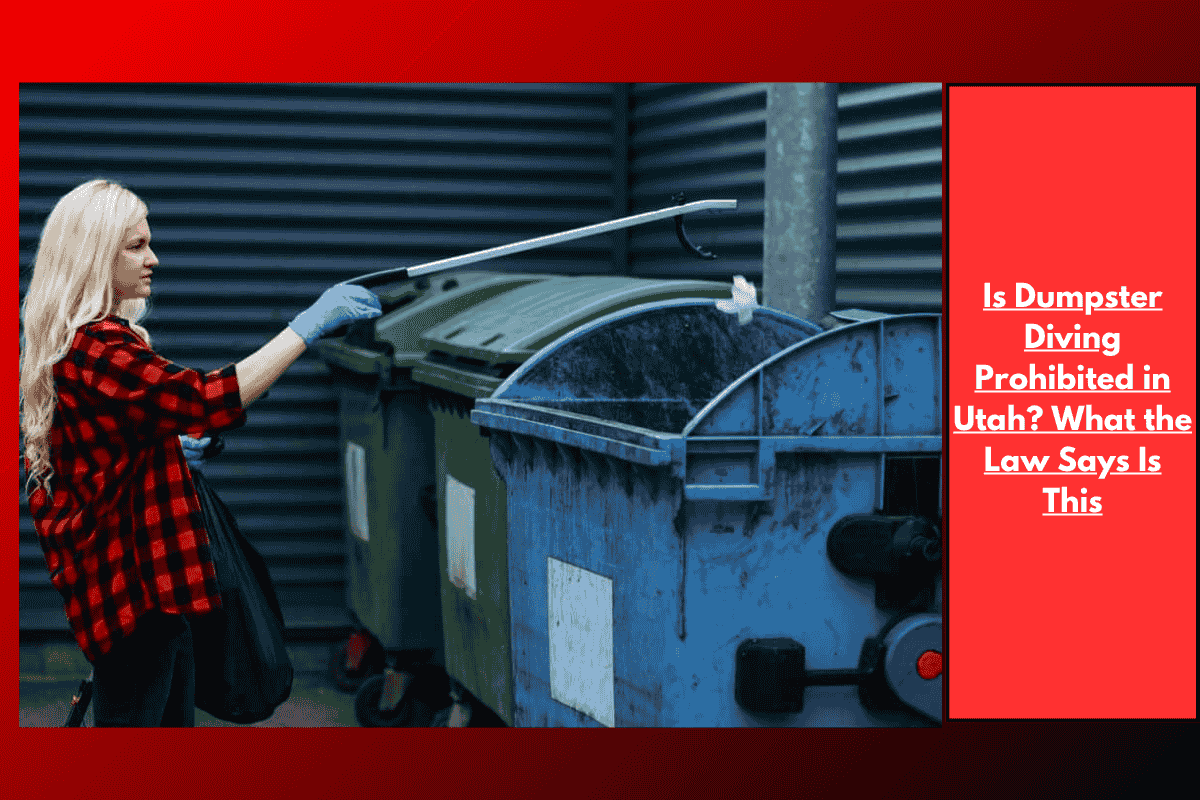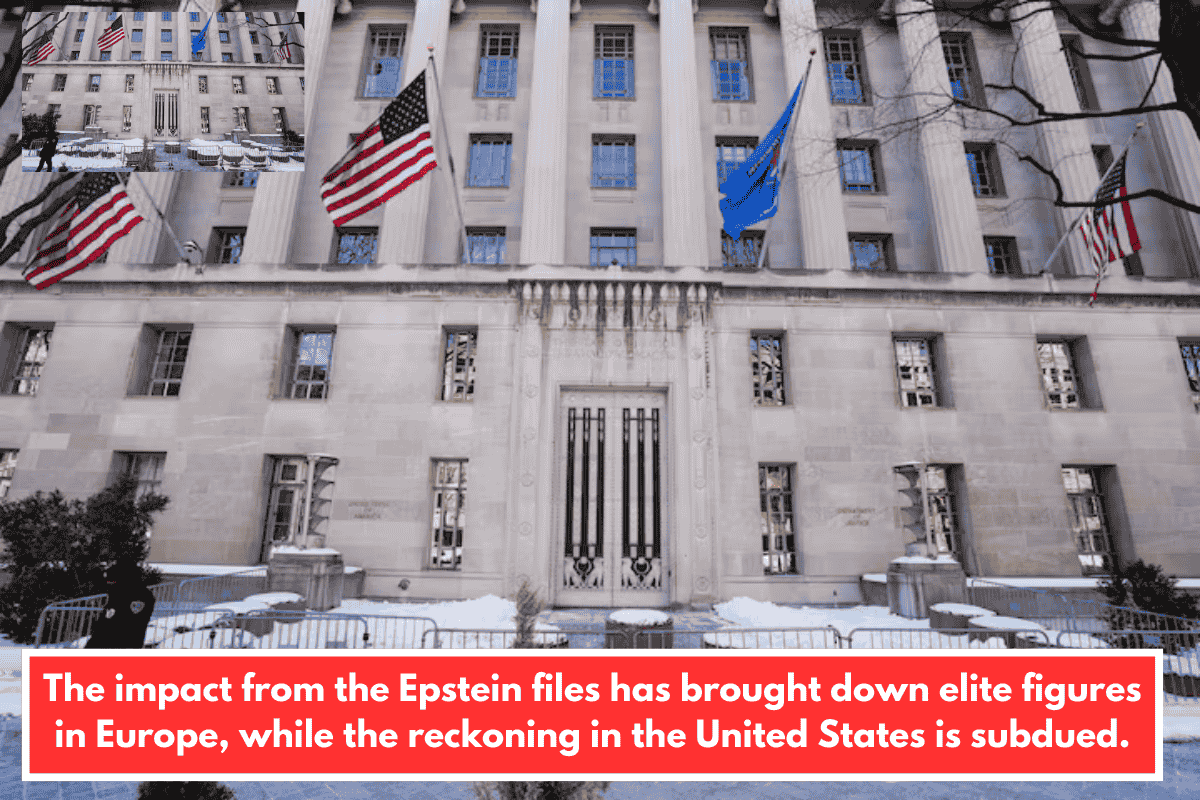Dumpster diving, or searching through trash bins to find discarded items, is a practice that has gained attention for both environmental and economic reasons. However, before you consider rummaging through dumpsters in Utah, it’s essential to understand the legal implications. The laws surrounding dumpster diving can vary from state to state, and even within cities, so knowing what’s permitted in Utah is key to avoiding trouble. Let’s explore what Utah’s laws say about dumpster diving and what you need to know before diving in.
What Is Dumpster Diving?
Dumpster diving refers to the act of searching through commercial or residential garbage containers, dumpsters, or trash bins to find items that can be reused, recycled, or repurposed. Some people do it to find food, while others look for furniture, electronics, or other items that can be salvaged. While it may seem harmless to some, dumpster diving can raise legal, ethical, and safety concerns depending on the circumstances.
Is Dumpster Diving Legal in Utah?
In general, dumpster diving itself is not explicitly illegal in Utah, but there are several factors that could make it problematic or even illegal under specific conditions. Here are the key aspects of the law to consider:
Trespassing Laws
While searching through a dumpster in itself might not be a crime, where you dive and how you access the dumpster matters. If the dumpster is on private property and you don’t have permission to be there, you could be charged with trespassing.
Utah law defines trespassing as entering or remaining on someone’s property without their consent. If the dumpster is behind a business or in a gated area, or if signs indicate that access is prohibited, diving into the dumpster could result in criminal charges.
Theft and Property Rights
Another important legal issue surrounding dumpster diving in Utah is the concept of property rights. When someone throws something away in a dumpster, they typically abandon ownership of that item. However, the person or business that owns the dumpster still maintains ownership of the container and its contents.
If you take something from a dumpster that belongs to someone else’s business or home, it could be considered theft. The local laws regarding theft and abandoned property can be complex, and taking items from a dumpster without permission might lead to legal trouble.
Local Ordinances and Regulations
Some cities or counties in Utah have specific local ordinances that regulate dumpster diving or restrict access to dumpsters. For example, municipalities may impose fines for digging through trash in certain areas or require businesses to lock dumpsters after hours to prevent unauthorized access.
It’s always a good idea to check with your local city or county regulations, as these can vary. In some cases, businesses will post “No Dumping” signs or restrict access to dumpsters, and violating those restrictions could lead to fines.
Health and Safety Concerns
Another consideration when it comes to dumpster diving is the health and safety risks. While Utah doesn’t have laws explicitly forbidding dumpster diving for health reasons, there are serious risks involved in rummaging through waste. Items in dumpsters may contain hazardous materials or spoiled food that can pose a danger to your health.
Can You Dumpster Dive for Food in Utah?
Dumpster diving for food is a particularly controversial topic, and while it’s not outright illegal in Utah, there are certain risks and legal issues to consider.
Health Code Violations: In Utah, like in many other states, food safety is heavily regulated by state and local health codes. For example, it’s illegal to sell food that has been discarded, and certain items in dumpsters could be subject to contamination. While individuals may not be directly prosecuted for taking food from a dumpster, health and safety regulations make this practice risky, especially if the food is spoiled or unsafe to consume.
Retailer Policies: Many businesses have policies prohibiting the removal of discarded food from their dumpsters. If a business has a policy against dumpster diving, taking food could result in being banned from the property or facing other legal consequences, even if the act itself isn’t illegal.
What Should You Do to Avoid Legal Issues?
If you’re considering dumpster diving in Utah, here are some steps to follow to stay on the right side of the law:
Ask for Permission: Before diving into a dumpster, especially on private property, ask for permission from the property owner or business. This can help you avoid trespassing and theft charges.
Check Local Laws: Always research local ordinances in the area where you plan to dive. Some cities may have specific rules or fines related to dumpster diving.
Be Mindful of Health and Safety: If you’re looking for food, be cautious. Eating discarded food can be risky, and health code violations could apply. Consider looking for food banks, food-sharing programs, or other sources of free food instead.
Respect Private Property: Avoid diving into dumpsters that are on private property or behind fences and gates. Make sure you are on public property, and ensure the dumpster is meant for public disposal.
In Utah, dumpster diving isn’t explicitly illegal, but there are several factors that can make it problematic, such as trespassing laws, theft issues, and local ordinances. Always ensure that you have permission to access the dumpster, especially if it’s on private property. Be cautious about health and safety risks, especially if you’re considering taking food from a dumpster. By understanding the laws and acting responsibly, you can avoid legal troubles while participating in this practice.
SOURCES
[1] https://scrapsafari.com/dumpster-diving-in-utah/
[2] https://www.reddit.com/r/SaltLakeCity/comments/12np1je/dumpster_diving/
[3] https://www.legalmatch.com/law-library/article/is-dumpster-diving-illegal.html
[4] https://www.youtube.com/watch?v=A4l8OO-Zfiw
[5] https://www.theenvironmentalblog.org/2025/04/is-dumpster-diving-legal/














